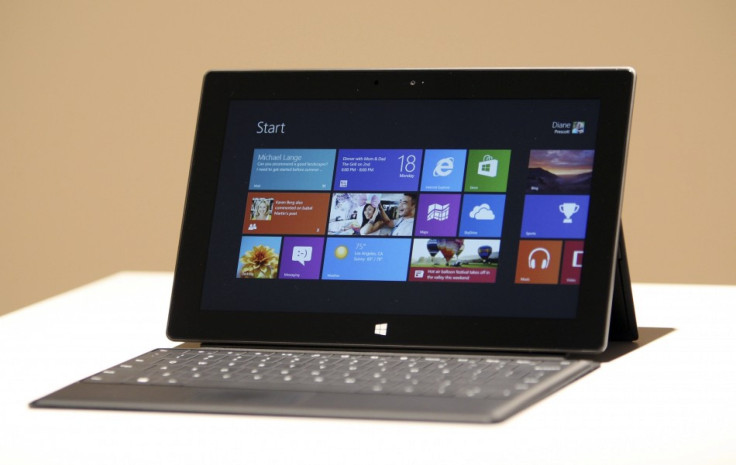FAA May OK Tablets At Takeoff, Landing By Year's End

If you’re the type of person who can’t stand the thought of turning your “portable electronic device” off for any part of a flight, you may be in luck: The FAA will reportedly relax current regulations for takeoff and landing by this time next year.
An unnamed source who claimed to work with an industry group set up by the Federal Aviation Administration last August told the New York Times that the agency will announce plans to let passengers use tablets and other electronic reading devices during takeoff and landing in the coming months. The use of cell phones, however, will remain off limits.
The agency in charge of “providing the safest, most efficient aerospace system in the world” launched a study group comprised of representatives from mobile technology and aviation manufacturing industries, pilot and flight attendant groups, passenger associations and airlines to review its policies on in-flight use of electronic devices after passengers like actor Alec Baldwin made their complaints loud and clear: “Would you really get on an airplane that flew 30,000 feet in the air if you thought one Kindle switch would take it down?” the actor asked.
It’s a valid point. Most of us would not get on a flight if we thought that flipping a switch on an electronic device at the wrong time could cause the plane to crash. Moreover, for a policy that depends on the honor system (and is often ignored), why hasn’t a plane fallen out of the sky by now due to the use of an electronic device?
FAA spokeswoman Laura J. Brown declined to confirm or deny the New York Times report, telling International Business Times only “the group’s recommendations aren’t even due out until the end of July.”
The FAA has long claimed that there are just too many unknowns about radio signals that these devices give off. Because pilot and cockpit crew need to focus on critical arrival and departure tasks, the agency has argued that any use at lower altitudes could interfere and potentially become a safety hazard.
Yet the FAA now allows the use of iPads in the cockpit. If the pilots can use them, passengers have complained, why can’t the everyday traveler?
The last review of gadgets on planes was in 2006, before tablets, e-readers and most smartphones existed, and the FAA’s conclusion was a bit of a riddle. It said there was “no evidence saying these devices can’t interfere with a plane, and there was no evidence saying they can.”
Many who’ve opined on the matter for the last seven years hope for more conclusive results this time around.
“This review comes at a time of tremendous innovation, as mobile devices are increasingly interwoven in our daily lives," Federal Communications Commission Chairman Julius Genachowski wrote in a letter to FAA Administrator Michael Huerta in December. "They empower people to stay informed and connected with friends and family, and they enable both large and small businesses to be more productive and efficient, helping drive economic growth and boost U.S. competitiveness."
Genachowski pledged to work with the FAA, airlines and manufacturers on the review to alter policies in the coming year. Meanwhile, Sen. Claire McCaskill, D-Mo., has announced plans to hold the agency accountable by introducing new legislation, if necessary.
© Copyright IBTimes 2024. All rights reserved.






















